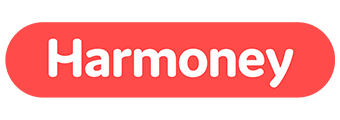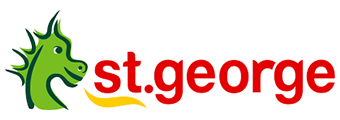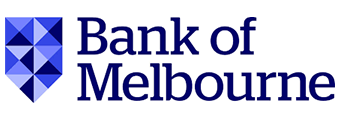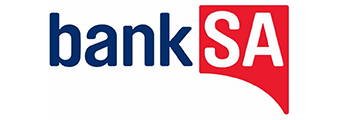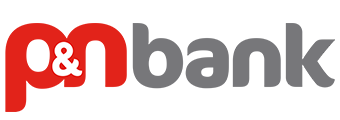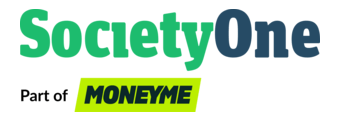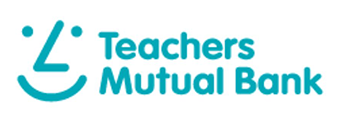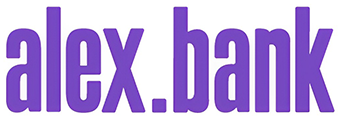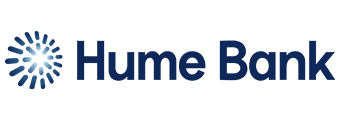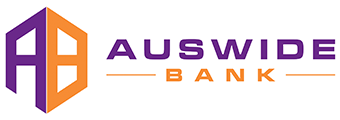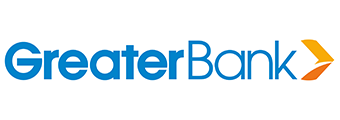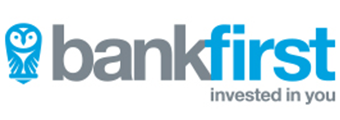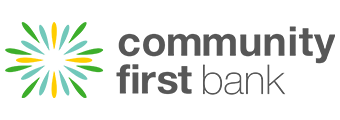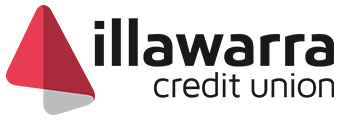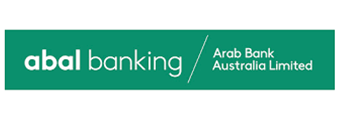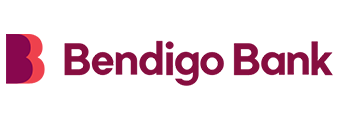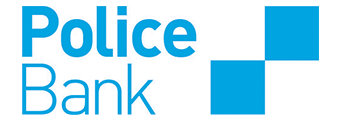How to compare debt consolidation loans
When looking at different debt consolidation loans, consider the following:
Type of loan
Are you after a secured loan or an unsecured loan?
A secured personal loan requires you to use an asset, such as your car, as security on the loan. This acts as a security blanket for the lender – in the case you were unable to repay your loan, they have your asset to fall back on to make up for any losses. On the other hand, an unsecured loan doesn’t have an asset attached which generally means you’ll pay a higher interest rate as there is no collateral for the lender.
Interest rate
The interest rate will determine how much you’ll pay in interest over the life of the loan.
You’ll need to decide whether a fixed or variable interest rate will suit your circumstance best. A fixed rate will be locked in for the life of the loan which can help with making a clear budget. However, some fixed rates may not come with flexible features such as making extra repayments. In contrast a variable rate could change at any time depending on the market or lender, but they have historically come with a lower interest rate and flexible features.
Don’t forget to also look at the comparison rate as it incorporates both the interest rate and any fees payable.
Loan term
Consider how long of a loan term you’re after. Personal loans typically have one to five year terms while some may even offer up to seven. Typically, the shorter the loan term, the higher the monthly mortgage repayments, but the less interest you will ultimately pay. Determine how much you can afford to pay each month.
Extra features
Along with finding a competitive interest rate, you also want to look for choose a loan that has flexible features that will help pay off your debt sooner. Look for loan products that have the ability to make extra repayments without paying a fee, a redraw facility, and flexible repayment frequency e.g. weekly, monthly, or fortnightly.
Fees
Depending on your lender, you may be charged the following fees with a debt consolidation loan: application fees, establishment fees, ongoing fees, extra repayment fees, late payment fees, redraw fees, and exit fees. Lenders might charge a flat fee or a percentage of your debt – say around 1% – to establish the new consolidated debt facility.
How to decide if a debt consolidation loan is right for you
On the fence about whether a debt consolidation loan is the right choice?
If you have multiple personal loans, a number of credit card balances to pay off, and store or charge cards, then it can be beneficial to consolidate these all into one loan. Forget juggling multiple due dates, paying multiple debts with high interest rates, and making tough decisions such as choosing which debt to pay and which one to pay late.
Potential benefits of a debt consolidation loan
A debt consolidation loan could go a long way to helping you get your financial situation back on track. Here are some of the benefits this kind of loan could offer you.
1. One regular payment
You only have one regular repayment to keep track of as all your debts are rolled into one. This can help with budgeting and ease any stress on yourself and your bank account. It can help psychologically end the battle of choosing which debt to prioritise that month – the easier one with the lower interest rate, or chipping away at the one with the higher rate.
2. One set of fees
You will only have one set of fees (or maybe even none) to pay instead of multiple. Aside from the interest payment, this is probably the biggest cost burden of loans. Having multiple sets of fees spread across different loans could mean you’re paying hundreds or even thousands of dollars a year in charges you don’t need.
3. A potentially lower interest rate
Depending on your current loans’ interest rates, you could pay less in interest charges if you secure a lower rate. For example, credit cards often feature interest rates above 20% p.a. – a debt consolidation loan might feature an interest rate of 10% p.a. or thereabouts, potentially saving hundreds per year and shaving years off the life of the loan.
Tips for debt consolidation loans
Here are the do’s and don’ts you should take into consideration when applying for a debt consolidation loan.
1. Shop around
Find a competitive interest rate and terms and conditions that suit you best. Don’t forget to look at the comparison rate as well as this takes all the fees into account. Look for a debt consolidation loan that has flexibility and plenty of features e.g. redraw facility, flexibly repayment frequency.
2. Consider the fees
Take into account all the fees associated with the loan e.g. establishment fees, application fees, break costs, redraw fees, etc. Work out whether consolidating your debt would end up costing you more than what you currently pay on your current loans.
Factor in the cost of refinancing, or early repayment fees you may need to settle with most of your older debts.
3. Reconsider rolling the debt into your home loan
You might want to reconsider rolling your debt into your home loan. Mortgage repayments on a home generally have 25-30 year loan terms, so stretching out your short term debt into a long loan term could see you pay more in interest in the long run. It will also eat into the current equity you’ve built up with your home loan. On the other hand mortgage rates tend to be much lower than personal loan rates.
4. Reconsider taking on more debt while your consolidating your old ones
The main aim with a debt consolidation loan is to get on top of your debts, find some breathing room, and start afresh. Usually this involves closing your old debt facilities including credit cards. While you’re paying it down, reconsider the need to apply for more debt as this could lead to a debt spiral and also reflect badly on your credit history.
5. Take control of your debt consolidation loan
A debt consolidation loan is your chance to for a new start. Where you might have gone wrong in the past is taking on debts without considering how you will actually afford them or make repayments. With the new loan, set up automatic payments so you never forget to make them on time, and also make sure the bank account it’s debiting has enough money in it to avoid emails and calls from your lender, which can be stressful. Continually missed payments can reflect badly on your credit history.
Look beyond the repayment amount.
The greatest error is focusing too much on the monthly or weekly repayment. Don't be swayed by the payment advertised, instead, calculate the overall cost of the loan.
Get the shortest loan term you will really be comfortable with, preferably three or four years. This approach helps you pay less interest and own the asset sooner.
